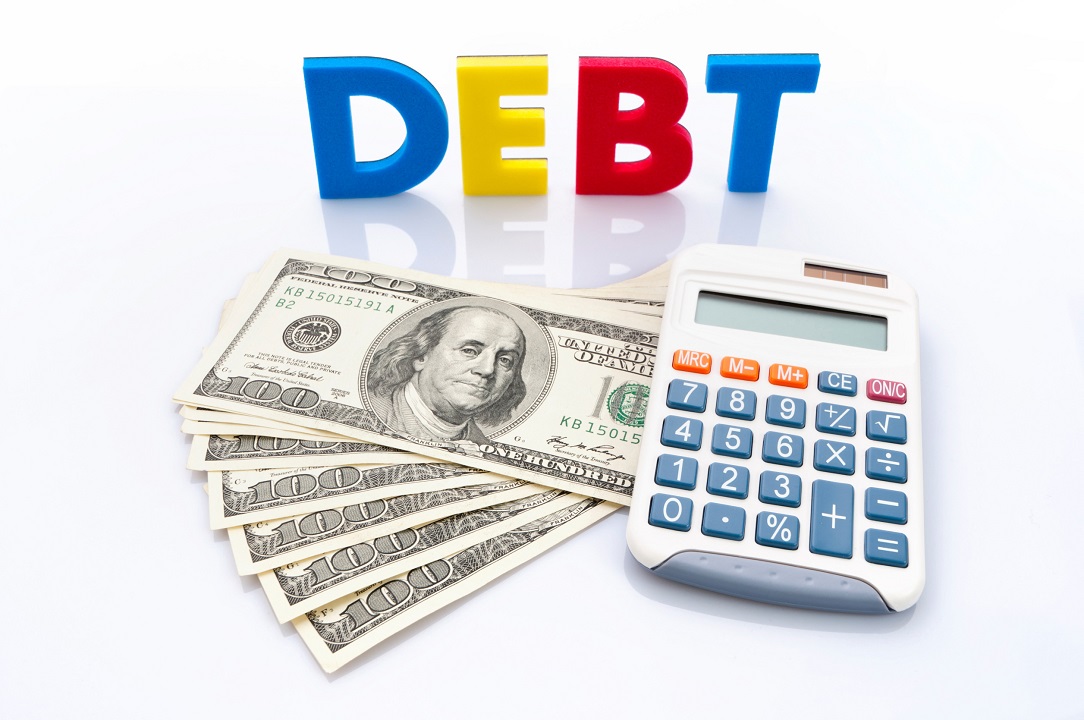
1. Living Beyond Your Means

To combat this, create a realistic budget that aligns with your income. Prioritize essential expenses and cut back on non-essential spending. By living within your means, you can avoid accumulating unnecessary debt and start building a solid financial foundation.
2. High-Interest Debt

Focusing on paying off high-interest debt first is crucial. Consider consolidating your debt with a lower-interest loan or transferring balances to a card with a lower interest rate. This strategy can help you pay off debt faster and reduce the overall amount you owe.
3. Lack of an Emergency Fund
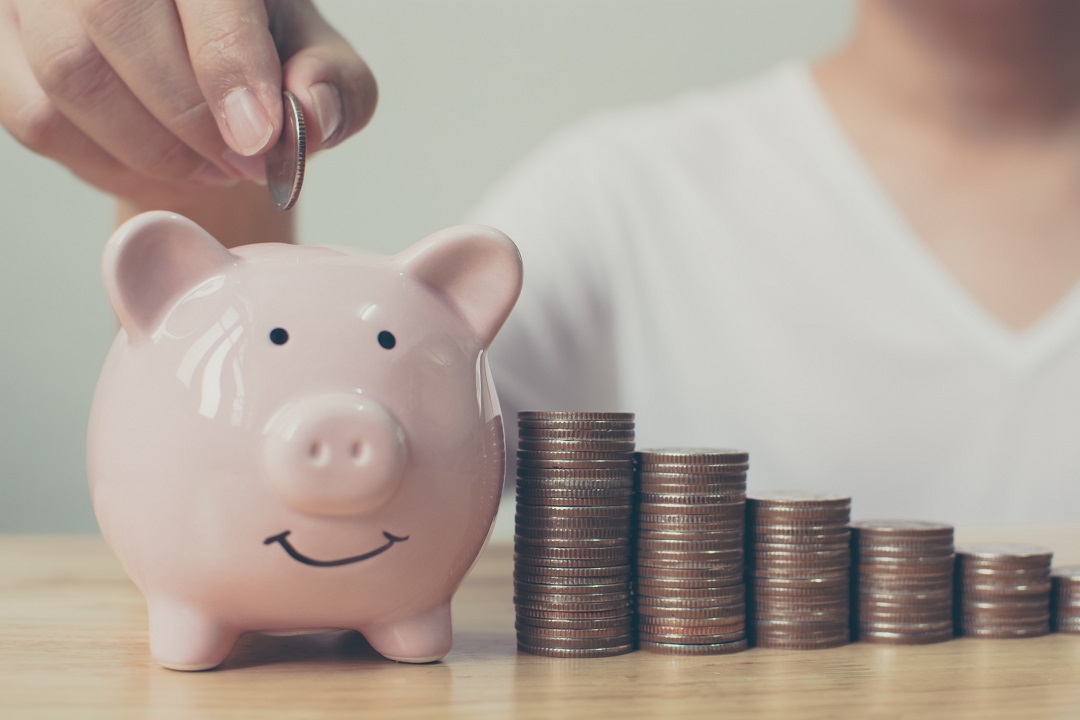
Building an emergency fund should be a priority. Aim to save at least three to six months’ worth of living expenses. Having this financial cushion can help you handle emergencies without resorting to debt, keeping your finances on track.
4. Minimum Payments
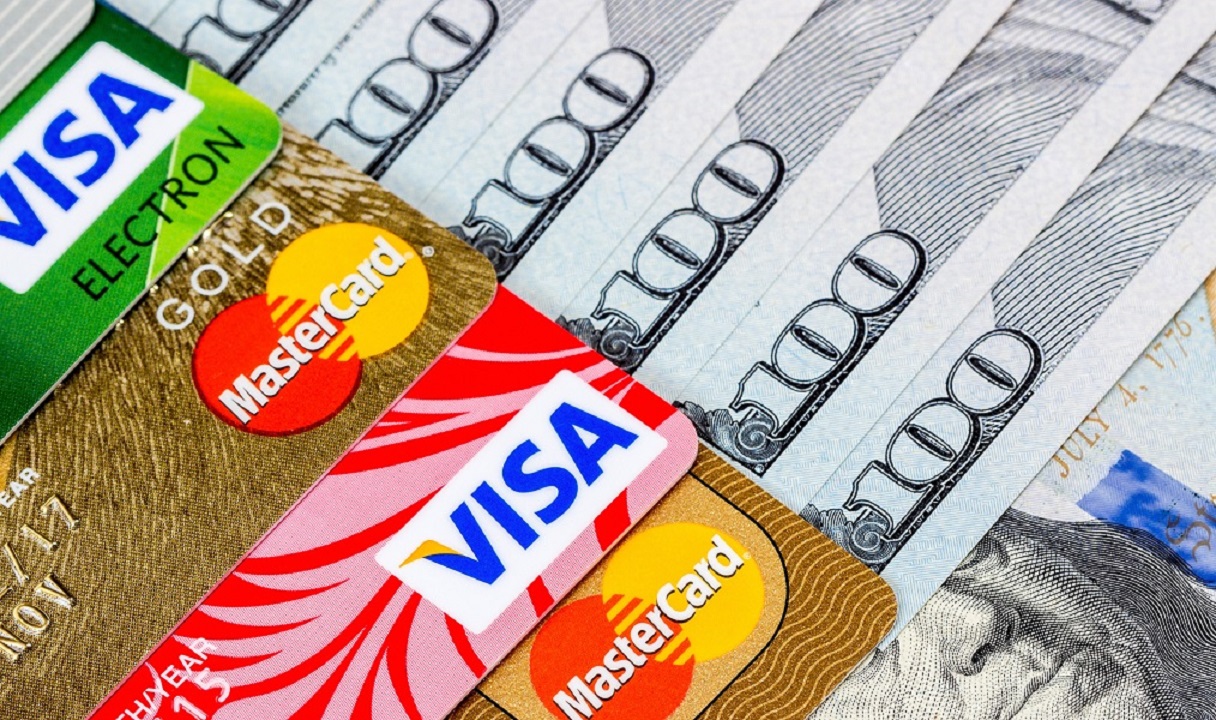
To tackle this issue, pay more than the minimum whenever possible. Even small additional payments can significantly reduce the time it takes to pay off your debt and the amount of interest you pay over time. Prioritize your debts and allocate extra funds to the highest-interest debt first.
5. Impulse Spending

Developing disciplined spending habits is essential. Create a shopping list and stick to it, and implement a waiting period before making significant purchases. This approach allows you to evaluate whether the item is a necessity or just a momentary desire, helping you avoid unnecessary debt.
6. Not Tracking Expenses

Use budgeting apps or spreadsheets to track your income and expenses. Regularly reviewing your spending habits can help you make informed financial decisions and prevent debt from creeping up unnoticed. Awareness is key to maintaining control over your finances.
7. Poor Credit Management

Practice good credit management by making payments on time, keeping your credit utilization low, and regularly checking your credit report for errors. Maintaining a healthy credit score can help you secure better interest rates and financial opportunities.
8. Borrowing for Non-Essential Items
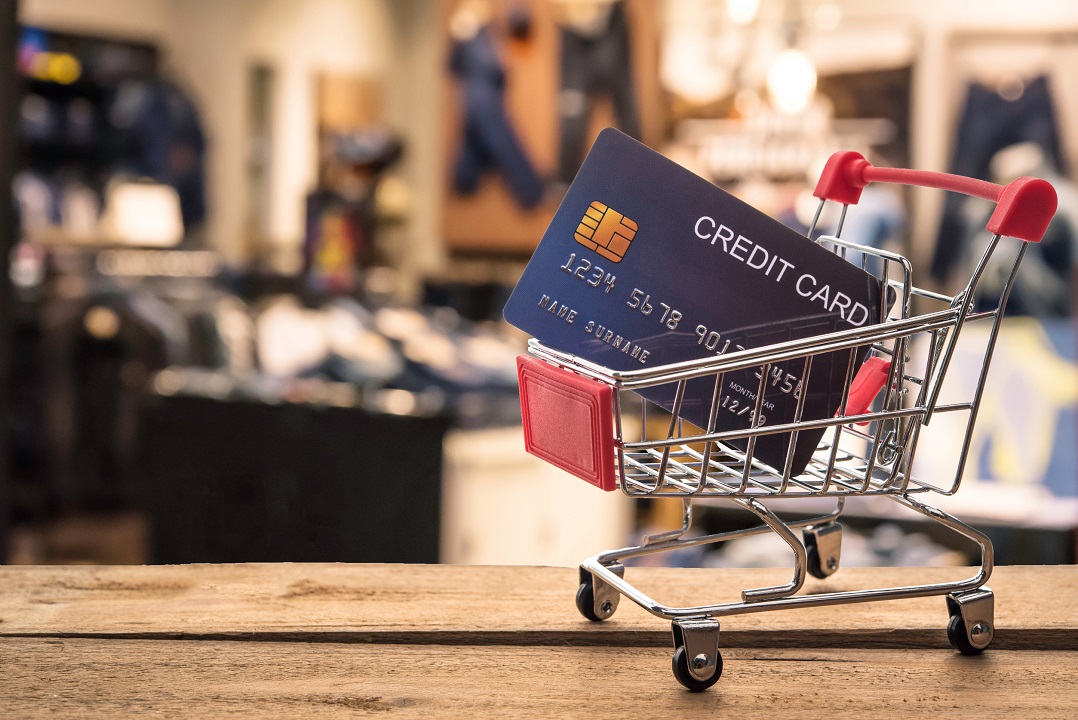
Limit borrowing to essential and productive purposes, such as investing in education, home improvements, or starting a business. Saving up for non-essential items can prevent debt accumulation and ensure you’re making financially sound decisions.
9. Lack of Financial Education
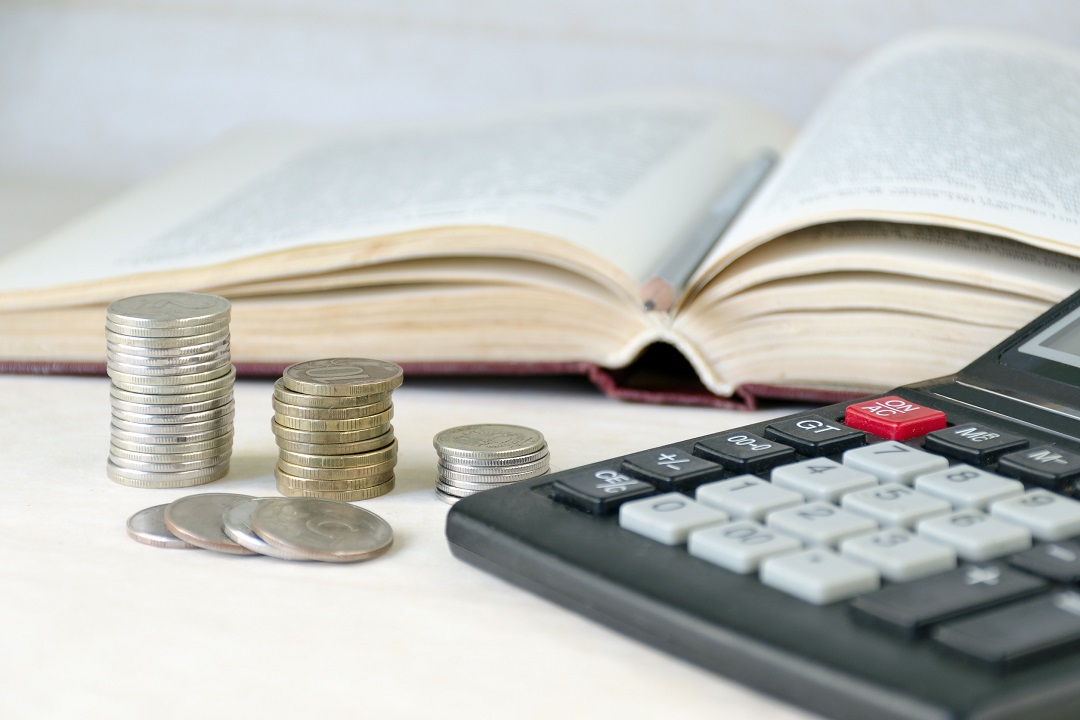
Investing in financial education is crucial. Take advantage of free resources, such as online courses, books, and workshops, to improve your financial literacy. Understanding how to manage money effectively can empower you to make better financial choices and break free from debt.
10. Ignoring Debt Problems

Facing your debt head-on is essential. Create a debt repayment plan, seek professional advice if needed, and stay committed to your financial goals. Taking proactive steps can help you regain control and work towards a debt-free future.
Taking Control of Your Financial Future

10 Financial Myths Believed by the Poor, Debunked by Those Who Escaped It
Thrifty Thinking: 9 Surprising Ways to Save Money Without Feeling Deprived

Toi Williams began her writing career in 2003 as a copywriter and editor and has authored hundreds of articles on numerous topics for a wide variety of companies. During her professional experience in the fields of Finance, Real Estate, and Law, she has obtained a broad understanding of these industries and brings this knowledge to her work as a writer.

Speak Your Mind